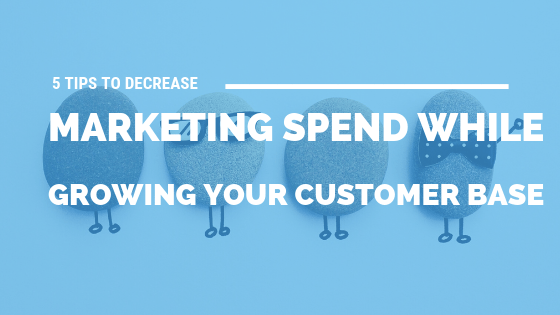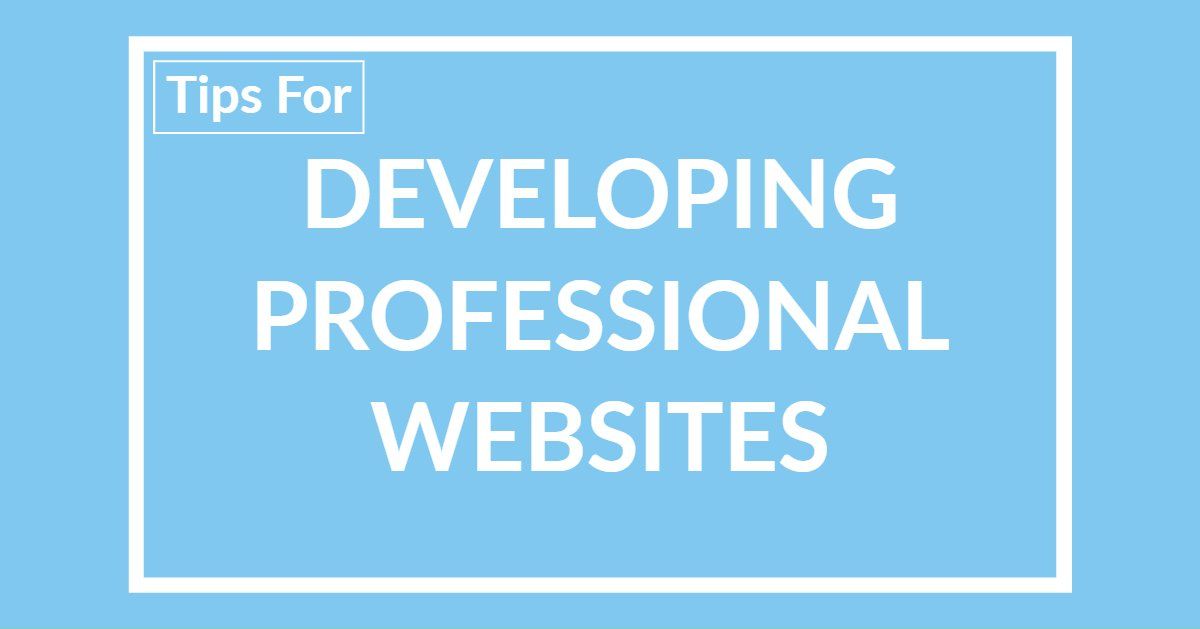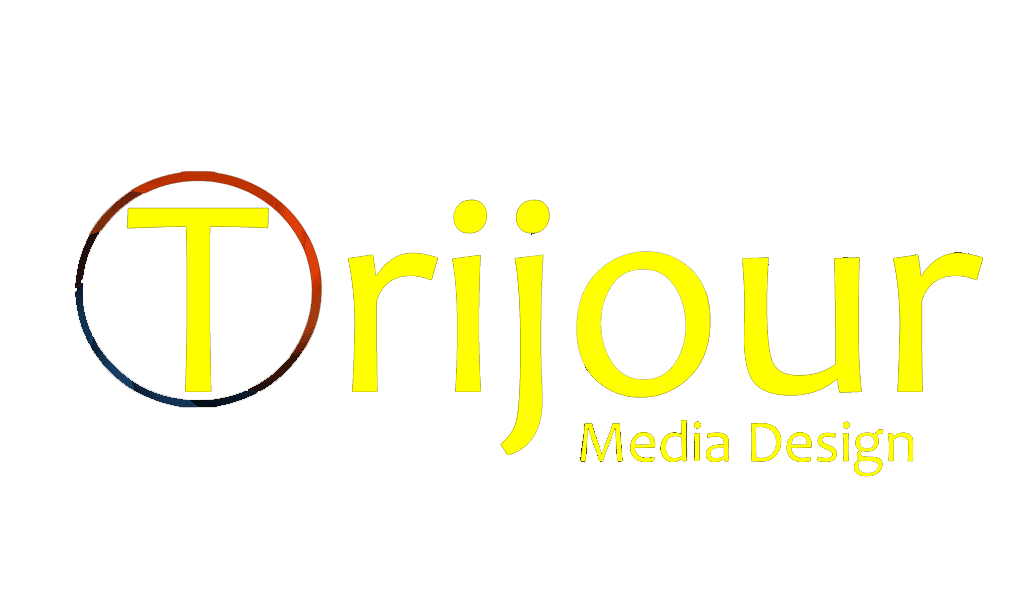How to Optimize Your Content for Topical SEO
The study and practice of search engine optimization has gone through many different phases in its
relatively short existence, as new trends in web usage inspire new ways for
webmasters and marketers to boost their visibility to consumers. SEO is a
rapidly evolving field, but up till this point, it has mainly focused on
keywords. SEO operatives identify keywords that web users frequently input into
search engines, and optimize their content in order to rank highly on the
resulting SERPs (search engine results pages). But with Google making changes
to some of its search algorithms, forward-thinking SEO experts are taking the
opportunity to push things in an interesting new direction, with what some
people are calling “topical SEO.”
The New Google
Google is continually searching for new ways to increase the precision of its flagship search engine. They’ve done this in the past by matching certain keywords with links that it thinks will be of interest to the people searching them, typically links that heavily feature these keywords. Now, they’re trying out new ways to get the most relevant content to the top of pages, by going beyond keywords to account for broader topics. They’ve developed a semantic algorithm called Hummingbird to analyze the connections between different subjects and ideas, so that Google can match certain keywords with pages that relate to the topic, even if the pages don’t include the actual keyword being searched.
The Topical Island
Topical SEO, also known as semantic SEO, is the term used to describe the new ranking factor created by the addition of Hummingbird to Google’s arsenal of algorithms. Google will now place a higher priority on sites and pages that cover topics in great detail, meaning a few instances of a keyword won’t always be enough to net you a high ranking (especially if your competitors’ pages delve deeper into your subject matter). This may seem like a setback if you’ve already put a lot of time and effort into optimizing your site for the “old” Google. With knowledge of the semantic connections that tie diverse subjects together into a topic, you can refine your content to make your site a magnet for motivated consumers.
Hopping on Hummingbird
So how do you go about optimizing your site to appeal to the new Google? Start by typing in a general keyword that you want your site to rank for. Then click over to Google’s “people also ask” section to see a list of questions people ask related to the keyword. Paired with the “related searches” section, this will give you an idea of the concepts and issues that are related to your subject. You can also use Quora to see other questions that people are asking about your topic. Now, cut out any questions that are unlikely to be relevant to your target audience, as well as any that are redundant, and group this refined list by user intent. Some questions are asked by people merely seeking information-others by people looking to make a purchase. You can then organize your content around the questions that you want to answer, with broad, informational questions interspersed with transactional questions that are likely to result in a sale or positive user interaction. With your article organized this way, you’ll cover much more of the topic than you would if you were just targeting keywords, meaning you’ll be far more likely to show up on Hummingbird’s radar and rank highly for your chosen topic. It’s a much more subjective style of SEO, but one that can improve both your rank and the overall quality of your site.






















